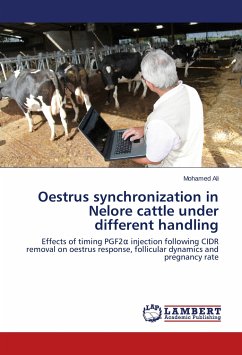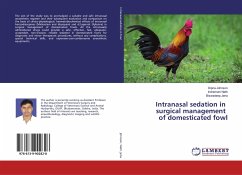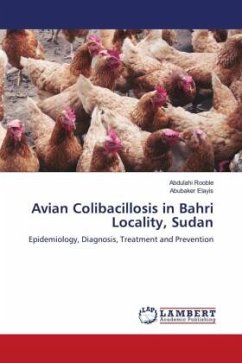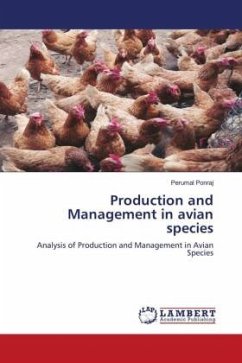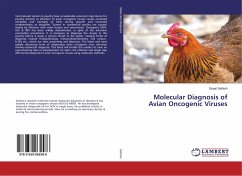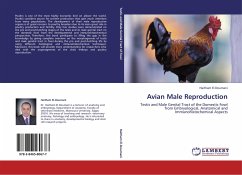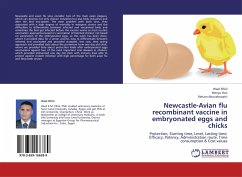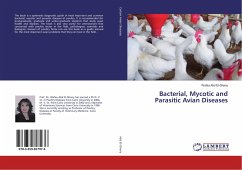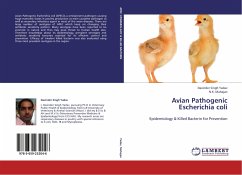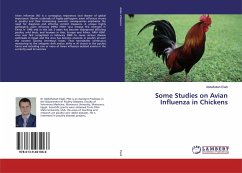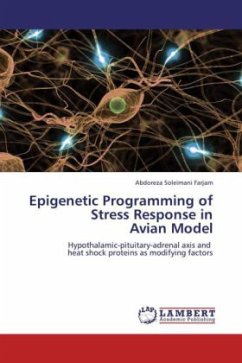
Epigenetic Programming of Stress Response in Avian Model
Hypothalamic-pituitary-adrenal axis and heat shock proteins as modifying factors
Versandkostenfrei!
Versandfertig in 6-10 Tagen
39,99 €
inkl. MwSt.

PAYBACK Punkte
20 °P sammeln!
Epigenetic adaptation has been defined as a lifelong adaptation that occurs during prenatal or early postnatal ontogeny, takes place within critical developmental phases that affect gene expression. The molecular basis of epigenetics is complex. It involves modifications of the activation of certain genes, but not the basic structure of DNA. Additionally, the chromatin proteins associated with DNA may be activated or silenced. This accounts for why the differentiated cells in a multi-cellular organism expresses only the genes that are necessary for their own activities. Epigenetic changes are ...
Epigenetic adaptation has been defined as a lifelong adaptation that occurs during prenatal or early postnatal ontogeny, takes place within critical developmental phases that affect gene expression. The molecular basis of epigenetics is complex. It involves modifications of the activation of certain genes, but not the basic structure of DNA. Additionally, the chromatin proteins associated with DNA may be activated or silenced. This accounts for why the differentiated cells in a multi-cellular organism expresses only the genes that are necessary for their own activities. Epigenetic changes are preserved when cells divide. Epigenetic adaptation has a strong influence on the determination of the set-point for physiological response to factors that disrupt homeostasis in the body particularly stress. Stress affects the entire biological functions of any individuals throughout the life. Hence, epigenetic programming seems to be a suitable means of reaching the goal of acquisition of lifelong stress resistance.



